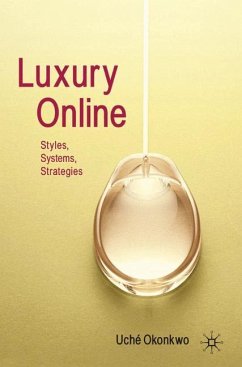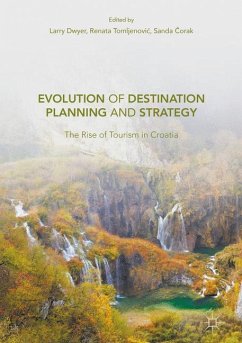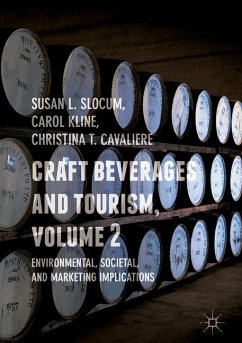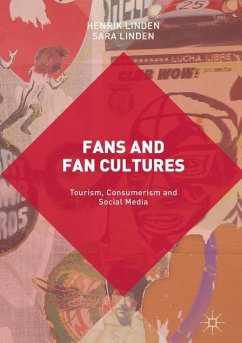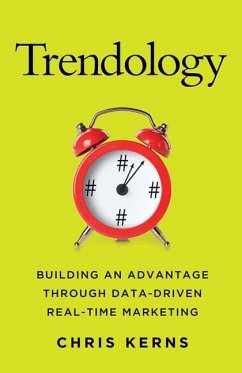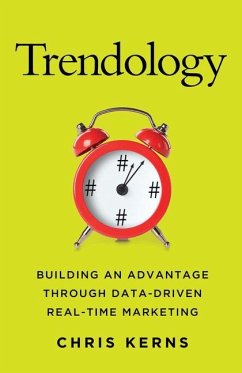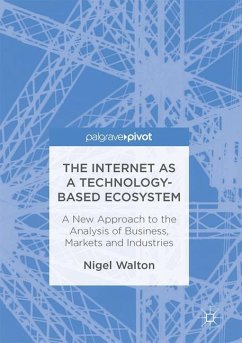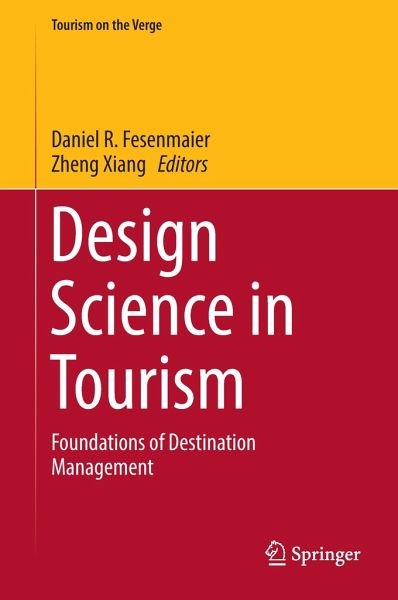
Design Science in Tourism
Foundations of Destination Management
Herausgegeben: Fesenmaier, Daniel R.; Xiang, Zheng

PAYBACK Punkte
83 °P sammeln!
This book explores the impact of design science and design thinking on tourism planning, gathering contributions from leading authorities in the field of tourism research and providing a comprehensive and interconnected panorama of cutting-edge results that influence the current and future design of tourist destinations. The book builds on recent findings in psychology, geography and urban and regional planning, as well as from economics, marketing and communications, and explores the opportunities arising from recent advances in the Internet and related technologies like memory, storage, RFI...
This book explores the impact of design science and design thinking on tourism planning, gathering contributions from leading authorities in the field of tourism research and providing a comprehensive and interconnected panorama of cutting-edge results that influence the current and future design of tourist destinations.
The book builds on recent findings in psychology, geography and urban and regional planning, as well as from economics, marketing and communications, and explores the opportunities arising from recent advances in the Internet and related technologies like memory, storage, RFID, GIS, mobile and social media in the context of collecting and analyzing traveler-related data. It presents a broad range of insights and cases on how modern design approaches can be used to develop new and better touristic experiences, and how they enable the tourism industry to track and communicate with visitors in a more meaningful way and more effectively manage visitor experiences.
The book builds on recent findings in psychology, geography and urban and regional planning, as well as from economics, marketing and communications, and explores the opportunities arising from recent advances in the Internet and related technologies like memory, storage, RFID, GIS, mobile and social media in the context of collecting and analyzing traveler-related data. It presents a broad range of insights and cases on how modern design approaches can be used to develop new and better touristic experiences, and how they enable the tourism industry to track and communicate with visitors in a more meaningful way and more effectively manage visitor experiences.



